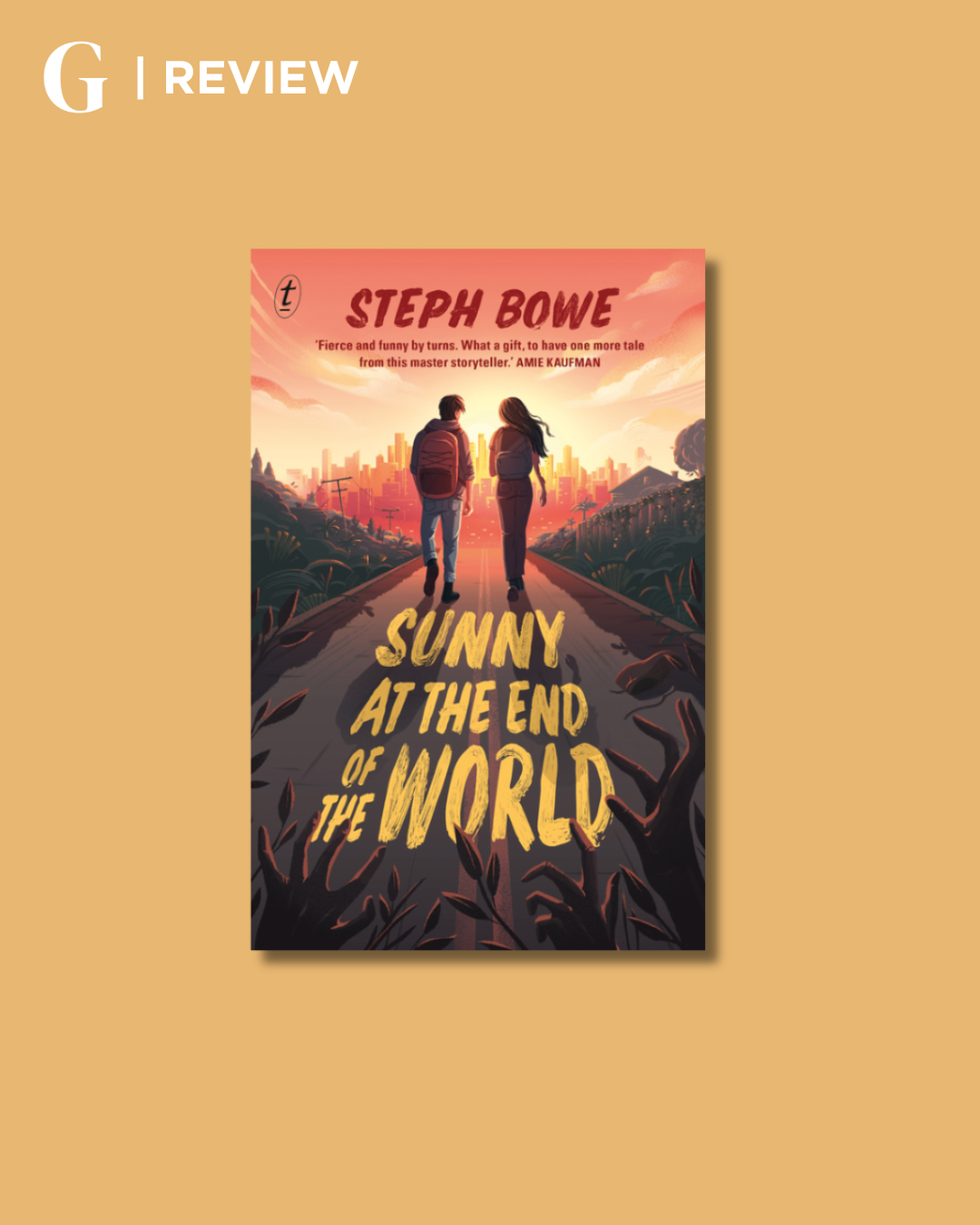by Riley Bampton
Crooked Seeds by Karen Jennings is a book you should read, but not one you will enjoy.

Set in the near future, Crooked Seeds is written on the backdrop of a post-apartheid South Africa, gripped by savage drought and on the verge of enormous change. We follow Deidre Van Deventer, a middle aged, white woman living in public housing after her family home was commandeered by the government to secure water stores in the earth beneath it. Deidre is alone. Her father is dead, her mother is in a mental health facility nearby and her daughter, though still in contact, has long since fled overseas. Diedre spends her days pissing in mixing bowls, hounding her neighbours, and collecting disability checks after an explosion, caused by her brother Ross, led to the loss of her leg. Unexpectedly, Diedre is visited by the police;, they have uncovered human remains on the old property, a problem seeking to upturn her past.
Diedre is an irredeemable main character. Embodying the stereotype of an old white South African resistant to change, she is self absorbed and ignorant. She is the first to cry ‘what about me?’ and uses her struggles as a scapegoat for any wrongdoing. Despite their help, she abuses the people around her and it is no coincidence that many are people of colour. She embodies white entitlement and exposes a nation “sick with need”, a sickness Diedre never quite manages to expel.
“Everytime I think I’ve seen the worst of you, you come out with something even more terrible. Every single time, no matter what.”
Karen Jennings manages to describe heinous imagery beautifully. The stunning prose juxtaposed with horrid scenes are the richest parts of this novel. The book is well paced as Jennings feeds us just enough information to liven our thirst for this story. She is an expert at building suspense and has impeccable vocabulary. Her main character’s life is the perfect allegory to a nation drought stricken and thrust into political purgatory. It is a commentary on the very real humanitarian crisis that was South Africa’s 2018 drought. The book contains complex story arcs, characters and narrative symbols while also managing to bring to light generational trauma, national trauma and the abysmal state of South African public housing.
“I’ve been calling for water for so long… Calling and calling, and nobody ever comes.”
Where the book falters is in the details. We are given a second point of view, one from Deidre’s mother as she lies in her hospital bed. Unfortunately, Trudy’s character is shallow, adding almost nothing to the book besides a respite from Deidre’s “life is shit and then we die” attitude. This shallowness carries through to other characters as well, like Deidre’s brother Ross, who despite being crucial to the story, is reduced to an entirely one-dimensional character. The novel was expertly paced, though the structure of four different parts did not enhance the story and instead, to its detriment, distracted the reader.
Despite its hangups, Crooked Seeds by Karen Jennings is an unapologetic masterclass on a nation detached from its citizens. It sets the stage for change with an excruciating character study of a wholly unlikable human being and leaves us hanging dryly long after the end. Crooked Seeds is a book of thirst, whether that be a thirst for power, meaning or water.
“If only the rain would come, just a little bit of rain, to wet the soil, feed the seeds, so that something might grow again.”
Riley Bampton (he/him) is a 22-year-old Meanjin-Brisbane based writer and second year creative writing student at QUT. Born with a love for literature that he owes to his mother, Riley has been writing stories since he was a child. With a passion for creative nonfiction and keen eye for detail, Riley is invested in the individuality we experience as humans, preferring to write real stories from real people (not without his creative liberties). He is currently working on a variety of projects and hopes to become a published author in the near future.






